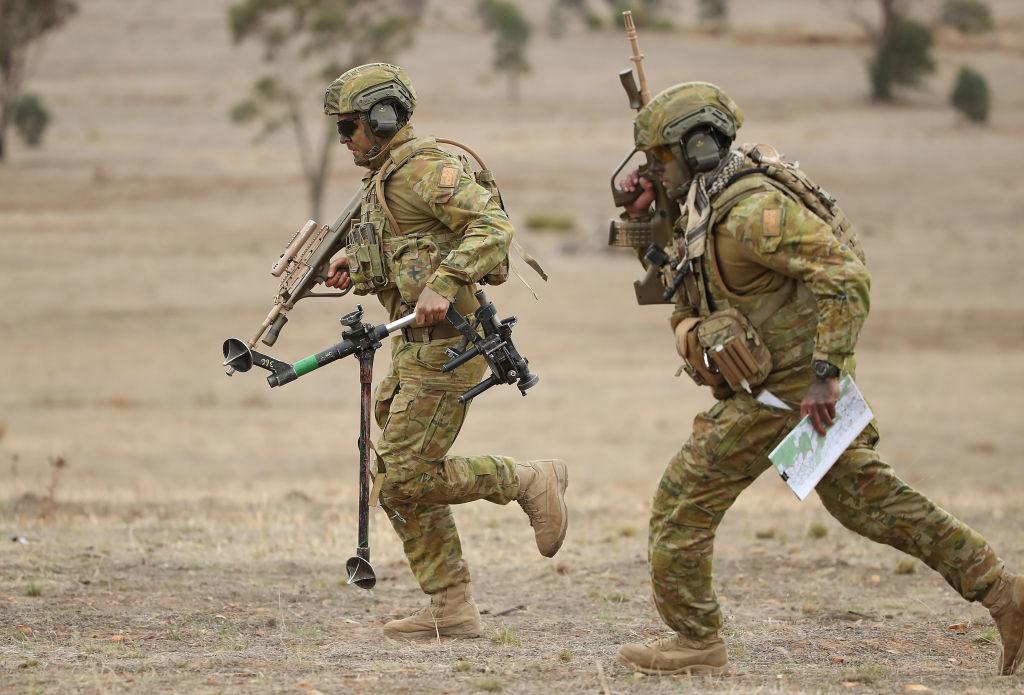The Returned and Services League (RSL) has welcomed the Australian government’s announcement of a royal commission into veteran suicide rates, saying it was supremely important and a matter of urgency.
RSL National President Major General Greg Melick said the organisation looked forward to providing input, advice, and support to the federal government on this issue.




